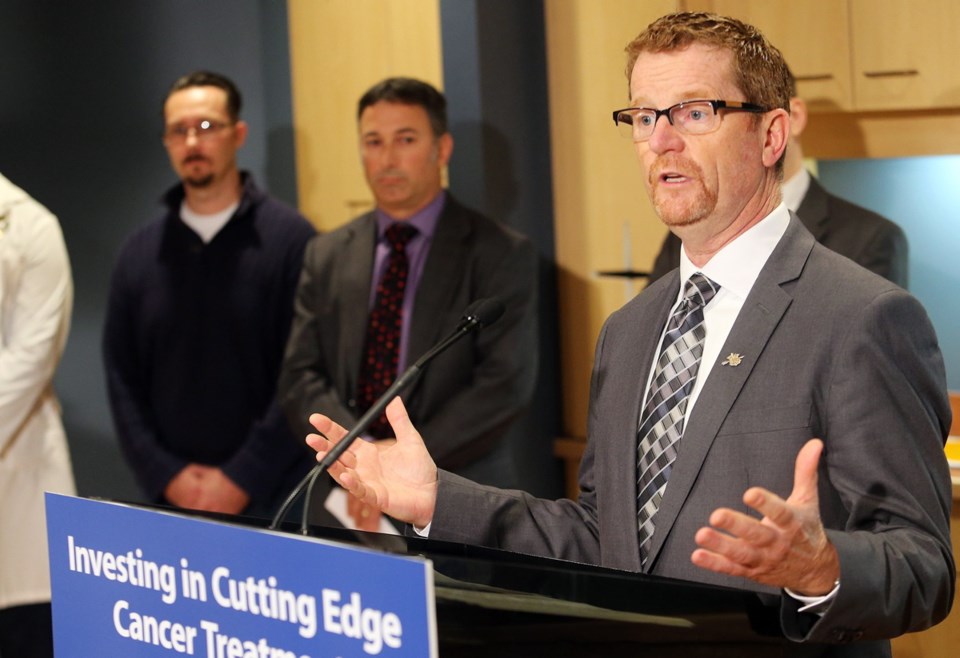Despite a doctor-shortage crisis in Victoria, the province has abandoned its election promise to match every British Columbian with a family doctor by 2015.
The Liberal government promised in 2010 to match every patient who wanted a family doctor with a general practitioner. In its 2013 re-election campaign, it allocated $132 million to the program, negotiated with Doctors of B.C., and named it A GP for Me.
The GP for Me program aimed to recruit and retain new doctors in a bid to help B.C. residents in need of a family doctor — an estimated 200,000 in 2013, up from 176,000 in 2010. The program also has incentives for doctors to increase their ability to treat more frail patients, and to use more telephone consultations and conferencing options.
B.C. Health Minister Terry Lake conceded last year the government would not meet its election promise in 2015.
So will it meet it this year? No.
“Was it a very stretched target? Yes. There is not a jurisdiction that I know that’s been able to achieve it,” Lake said in an interview with the Times Colonist.
Still, he said, the work hasn’t been in vain. “In fact, it has paid off in many different ways, and I think it will get us to the place where the primary care needs of British Columbians will be met.”
The province’s goal now is to match every British Columbian with a “primary care” home where an integrated team of doctors, nurse practitioners, pharmacists, nutritionists or physiotherapists, for example, work as a team and contribute to a universal medical record.
“That, I think, is the future: A virtual medical home for the information so the providers can all have access to that information — and, importantly, that the patient has access to that information, as well,” Lake said.
The Health Ministry wouldn’t say it has “abandoned” its GP for Me target. Instead, it said, it has “broadened” its view of what access to primary care looks like.
“There’s still some funding left, so that program is ongoing,” Lake said.
“I think we will always strive to ensure that every British Columbian who needs access to primary care obtains access to primary care. You see jurisdiction after jurisdiction facing the same challenge, so we are all shifting the view of primary care.
“It’s not the sort of 1960s version anymore.”
According to Health Match B.C., a health-professional recruitment service funded by the province, there are postings for 329 permanent family doctor positions in B.C. compared with 317 in May 2015.
Of those, 57 postings are for Vancouver Island compared with 56 last year. Eleven of those are for Victoria, down from 16 vacancies last year.
Reasons for the shortage of doctors vary: Patients living longer with more chronic illnesses; physician retirements; increasing demands from patients; too few medical-school graduates; and difficulty recruiting and retaining doctors in rural areas.
NDP Leader John Horgan said the biggest challenge facing young families across B.C. is finding a general practitioner.
“The government made a commitment for A GP for Me by 2015, and they’re nowhere near that; they’re not even talking about it anymore,” Horgan said. “It’s a case of them completely missing the boat on what has been an obvious challenge.”
The government could have built team-based care models faster, better recognized the credentials of foreign doctors and boosted medical-school numbers.
“Not everyone needs to see a GP. I get that, but if that’s the case, why did [the Liberals] make the promise in the first place?” Horgan said. “It’s 2016 now and it’s still not moving aggressively enough to put together these teams of practitioners to meet the needs of communities.”



